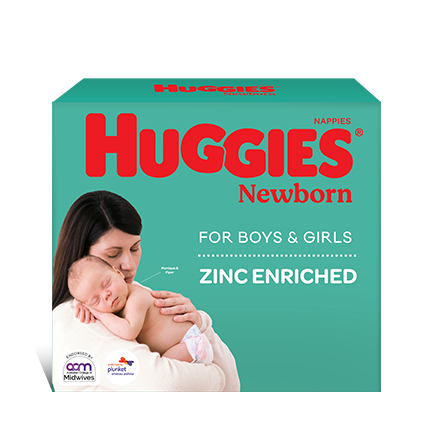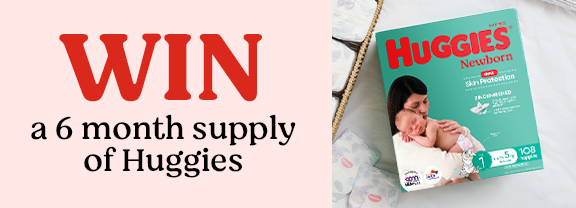Babies, toddlers and kids today have lots of “stuff.” Toys and books are essential for children’s play and learning but too much clutter can be overly stimulating for children, making it more difficult for them to focus and play constructively. So, how do we manage the stuff?
It is important to teach children from a young age that as a member of a family they are responsible to help maintain their own belongings. Consider a baby, newly sitting up, playing at stacking small wooden blocks with Dad. Dad builds a short tower and baby knocks it down. They play the game over and over again. When they have finished, Dad asks baby to help put the blocks into a basket and baby drops one in. From this very young age, the child is learning to pack away. By involving babies and toddlers in packing away and cleaning up you help them to develop good habits, not just for now but for their lifelong learning. They learn to value their belongings, how to sort and categorise, and that being part of a family includes a shared responsibility to make living together enjoyable.
How do we motivate young children to help in these ways? Firstly, by putting in place simple organisation ideas for the home which make packing away easy, and secondly, by finding ways to make packing away fun.
Simple home organisation ideas
One way of teaching children to be responsible for their belongings is to put in place a simple organisational system for their toys and books which they can help to maintain from an early age. A neat, ordered, uncluttered system without too many play choices available at the one time clearly influences the ways in which the child plays with what is available. Having more space to plan and imagine, and interact more fully with a chosen toy, without the distraction of too many other choices is a good thing for young children.
Instead of one large toy box with everything dumped in together, try smaller storage containers or baskets on a shelving unit. Allocate one type of toy to each container – cars, blocks, animals, instruments, etc. You can even add a luggage tag or label with a photo or picture of what goes inside to each container to help toddlers identify what goes where. As well as making play time more organised, when it comes to packing away, by handing your child a basket and asking them to collect the correct items for it you make packing away appear a much more manageable task to achieve.
Consider toy and book rotation. Too many toys out all at once can cause young children to flit from one thing to another, rather then spending time dedicated to more involved play with one toy or game at a time. At a bare minimum, you should put away (or cull completely) toys that your child has outgrown or lost interest in. Sort toys (and books) into sets which can be easily rotated regularly; toys not currently in rotation can be stored away to be brought out again in a few weeks. As well as keeping clutter under control, it keeps the toys your child does have fresh and interesting.
Ways to make pack away time fun
It is important to involve babies and toddlers in packing away but remember to have flexible expectations. Consider variables like their age, the time of day ( are they overtired or hungry?) and what else is going on at the time. Be consistent in expecting them to help but realistic about how and when you go about it, and about how much they can do. Look for ways to work together and make pack away time fun;
- Pack away with your child. Toddlers are more likely to join in if you are doing it as well. Divide the chores between you, allocating one small task at a time, “Why don’t you put the blocks into the basket and I will do the animals?”
- When playing with them, observe times that they move from one activity to another and use these as teachable moments, “I will come and play with the blocks too but I am just going to put the book we were reading away first.”
- Make pack away time fun by singing a song or playing music as you tidy up together.
- Build routine tidy up times into your day. For example, each day before sitting down to lunch and dinner have a five minute tidy up time.
- With toddlers try using a timer. Setting the timer for 3 minutes and have a race to see how much gets packed away. This turns packing away into a fun game rather than it being a chore.
Chores your toddler can do
As well as packing away belongings, young children are often very interested in helping with a range of household chores and these are good habits to encourage. Again, it is important to maintain flexible expectations. They may not do it as well as you do but it is still important to let them have a go. What types of household chores can toddlers manage? This will vary according to the age and development of your toddler but simple tasks to consider from the age of 18 months include;
- Sweeping up with a dustpan and brush
- Putting their dirty clothes into a laundry hamper at bath time
- Passing the clothes or pegs to you as you hang the washing out
- A simple routine task for putting away clean laundry, for example, putting the tea towels in a low drawer in the kitchen
- With your guidance and supervision, unstacking the dishwasher
- Setting the table for mealtimes
- Helping to clear the table after mealtimes
- Dusting with a damp cloth
By Christie Burnett Bachelor of Education (Early Childhood Education). Christie is an Early Childhood Teacher, Writer and Mum. She shares more of her mothering and teaching adventures at www.childhood101.com
Last Published* May, 2024
*Please note that the published date may not be the same as the date that the content was created and that information above may have changed since.























